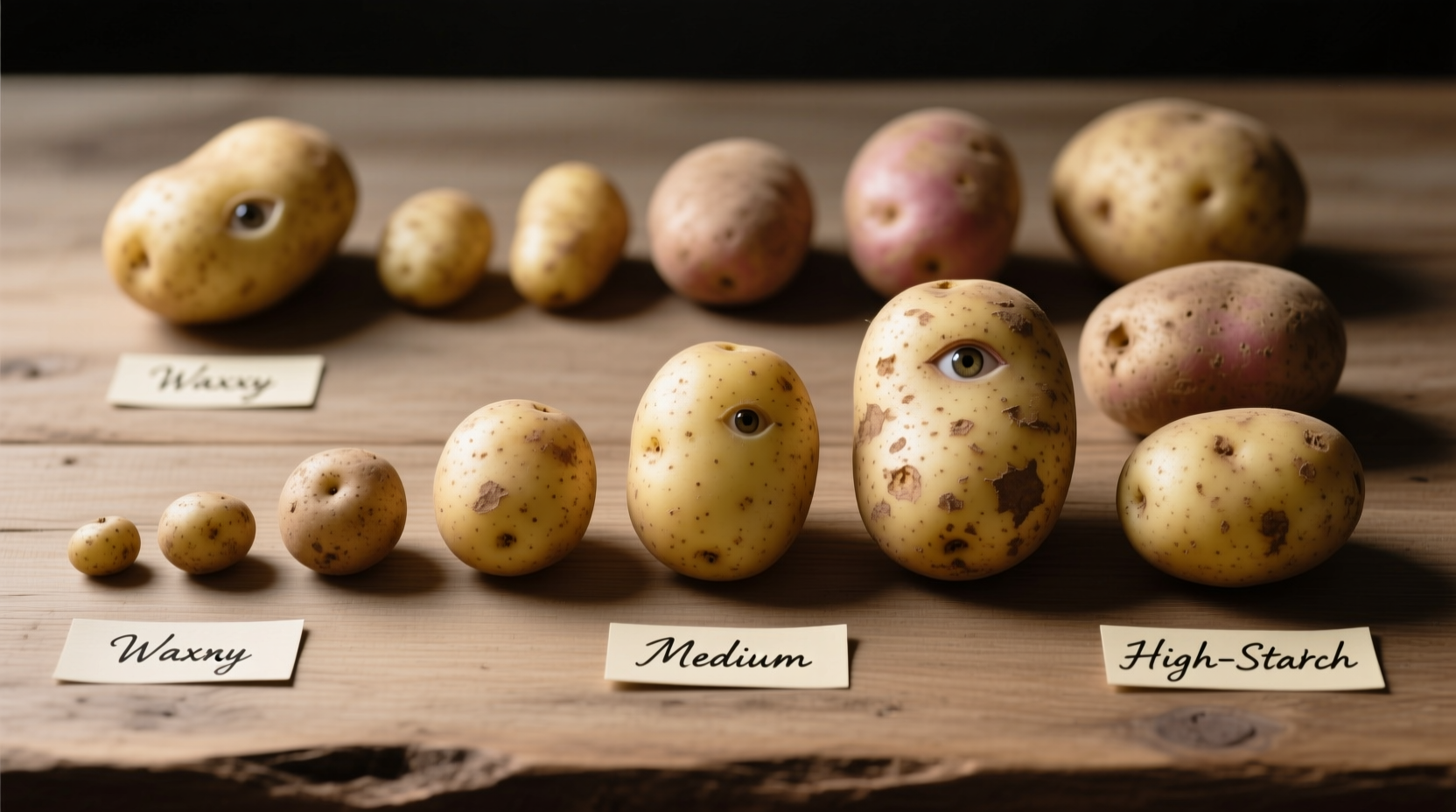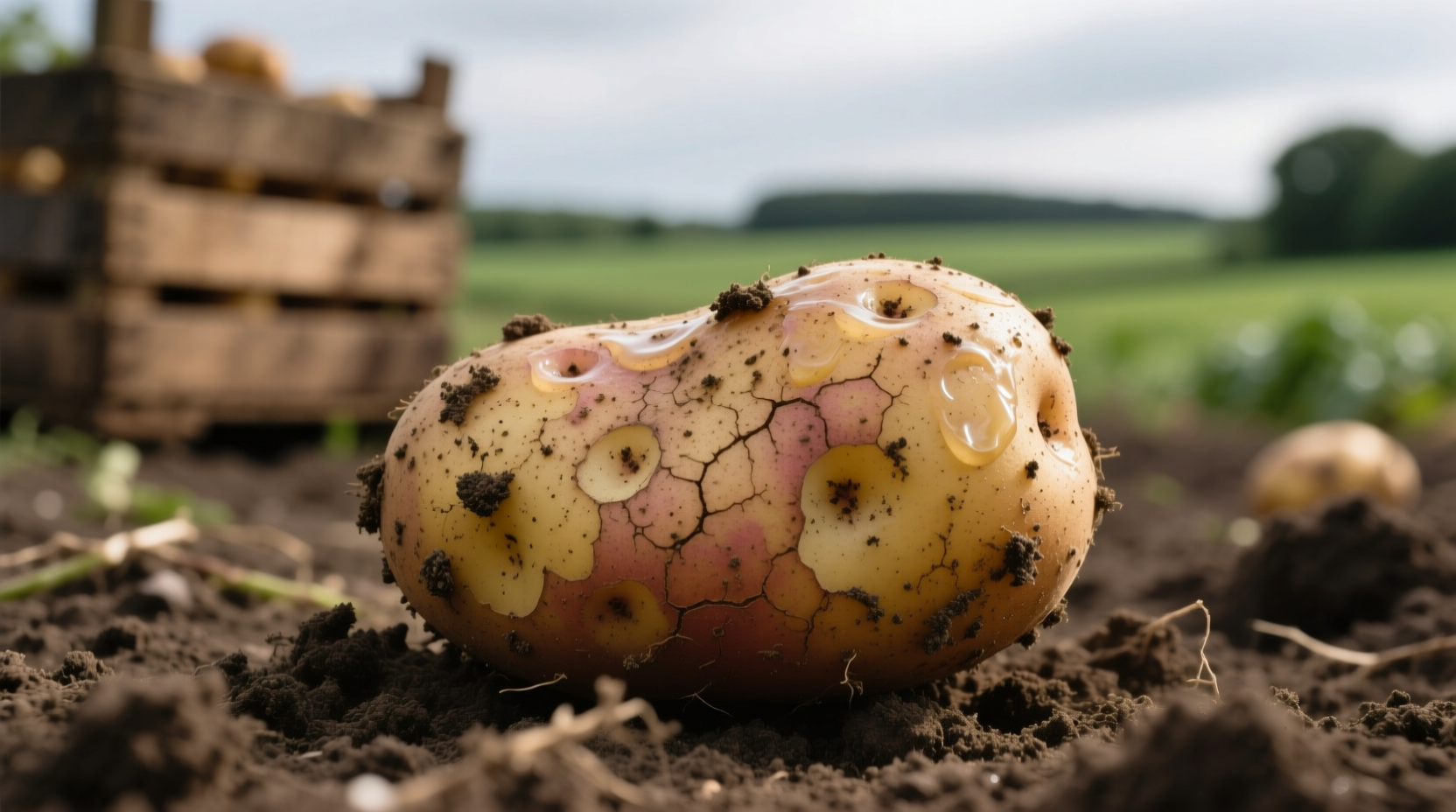Demystifying the "Spud" Potato Myth
Many home cooks encounter the term "spud" in recipes or casual conversation and mistakenly believe it refers to a specific potato variety. This confusion leads to unnecessary stress when shopping or following cooking instructions. The reality is refreshingly simple: "spud" is just slang for potato, much like "tater" or "spuddy."
According to etymological research from the Oxford English Dictionary, the term "spud" first appeared in print around 1845 as British slang for potatoes. The word likely originated from the spade-like tool used for digging up potatoes in agricultural settings—a connection confirmed by linguistic historians at major universities.
How the "Spud" Misconception Developed
The confusion between "spud" as a generic term versus a specific variety stems from several factors:
- Regional dialect differences—In some areas, "spud" became the dominant term for potatoes, leading outsiders to assume it referred to a specific type
- Marketing language—Some grocery stores have accidentally reinforced the misconception by labeling regular potatoes as "spuds"
- Culinary shorthand—Chefs sometimes use "spud" casually when referring to potatoes in general, creating ambiguity for home cooks
| Term | Actual Meaning | Common Misconception |
|---|---|---|
| Spud | Colloquial term for any potato | Believed to be a specific potato variety |
| Russet | Specific high-starch variety | Often mistakenly called "spuds" |
| Yukon Gold | Medium-starch specialty potato | Rarely associated with "spud" terminology |
Practical Implications for Home Cooks
Understanding that "spud" isn't a potato variety prevents common kitchen frustrations. When recipes call for "potatoes" or "spuds," they're referring to the same basic ingredient—but the specific variety matters for cooking results.
Based on agricultural research from the USDA Agricultural Research Service, potato varieties fall into three main categories based on starch content:
- High-starch potatoes (like Russets)—Best for baking, mashing, and frying due to their fluffy texture when cooked
- Medium-starch potatoes (like Yukon Golds)—Versatile for boiling, roasting, and soups with a buttery texture
- Low-starch potatoes (like red potatoes)—Ideal for salads and dishes where you want potatoes to hold their shape

Why Potato Variety Matters More Than the "Spud" Label
Professional chefs consistently emphasize that selecting the right potato variety makes a significant difference in cooking outcomes. The International Association of Culinary Professionals notes that using the wrong potato type can transform a perfect recipe into a kitchen disaster.
For example:
- Using waxy potatoes for mashed potatoes creates a gummy texture
- High-starch potatoes fall apart in potato salad
- Russets burn easily when roasted at high temperatures
When grocery shopping, look for specific variety names rather than generic terms like "spud." Most produce sections now label potatoes by their actual varieties, making selection much easier.
Historical Context: Potatoes in Their Homeland
Having researched indigenous food traditions throughout the Andes, I've observed how local communities refer to potatoes. In Quechua (the language of the Inca Empire), potatoes are called papa—a term still used throughout Latin America today. The Spanish conquistadors brought potatoes to Europe in the 16th century, where they eventually earned the "spud" nickname in English-speaking countries.
According to documentation from the International Potato Center in Lima, Peru, there are over 4,000 native potato varieties in the Andes alone—each with unique properties suited to specific cooking methods. This incredible diversity explains why understanding potato types matters far more than the "spud" misnomer.
Practical Shopping Guide
Next time you're at the grocery store, use this quick reference to select the right potatoes for your cooking needs:
- For fluffy mashed potatoes: Russet or Yukon Gold
- For potato salad: Red Bliss or fingerling potatoes
- For soups and stews: Yukon Gold or white potatoes
- For roasting: Any variety, but cut uniformly for even cooking
Remember that "spud" on a grocery label simply means regular potatoes—usually Russets, but always check the actual variety name for best results.
Conclusion: Beyond the Spud Confusion
The "spud potato" confusion represents a common gap between culinary terminology and everyday language. By understanding that "spud" is just slang for potato—not a specific variety—you'll make more informed choices in the kitchen. Focus instead on the actual potato varieties available, as their starch content and texture characteristics determine cooking success far more than any nickname.











 浙公网安备
33010002000092号
浙公网安备
33010002000092号 浙B2-20120091-4
浙B2-20120091-4